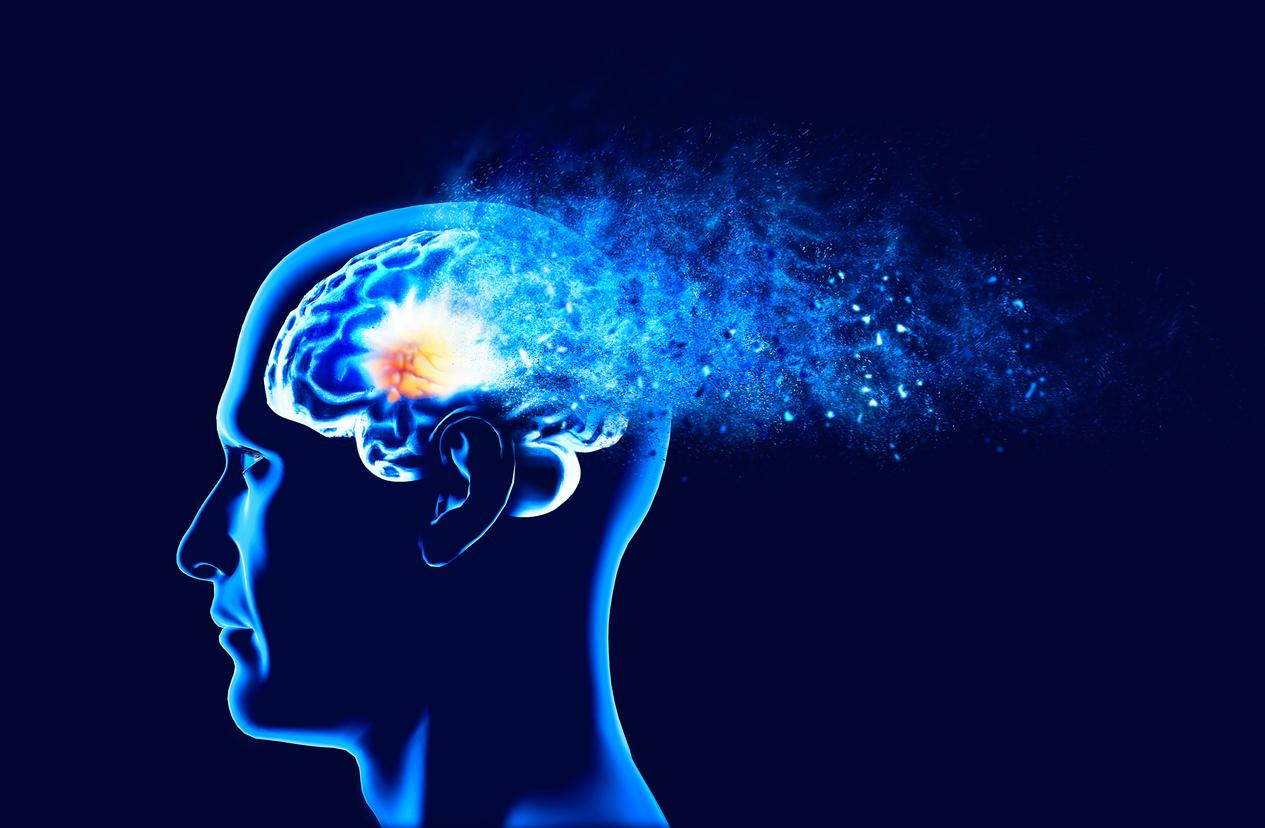More the smellsare strong or the more they trigger emotions, the more they leave precise images in the brain, according to researchers at the neuroscience research center of the National Institute of Health and Medical Research (Inserm) in Lyon. Indeed, people remember a moment particularly well if it is associated with a strong smell.
The researchers tested their ability to remember and the links with smells on volunteers.
They took part in an experiment without knowing the purpose. For 3 days, they observed images that were associated with unusual odors. On the fourth day, the researchers tested their memory.
Smells stimulate memory
“The volunteers managed to find the memory associated with a third of the smells. The greater the emotion aroused by the smell, whether pleasant or unpleasant, the more precise the memory, ”explain the scientists.
“We already knew several things about smells. For example, they do not generate more memories than an image or a sound, but these memories are often richer in emotion and can be very old. They can go back to early childhood, while other stimuli often only allow us to go back to memories dating from adolescence ”recall the researchers.
“In addition, memories associated with smells are often episodic and buried. They are not verbalized and suddenly reappear in a very faithful way, making us travel in time. Conversely, a memory associated with a landscape or a music is more frequently told, described and then undergoes distortions which make it lose its intensity. Thanks to our protocol we show that the more the emotion carried by theodouris intense, the more detailed the memory ”explains the Inserm team.
If this work has no medical purpose today, research on the mechanisms of episodic memory and the restitution of memories is important for studying the side effects of Alzheimer’s disease. Indeed, this type of memory is rapidly altered during this neurodegenerative disease.
“In order to move forward in this direction, we are now using MRI to try to describe the neural networks involved in this episodic memory”, the researchers conclude.














